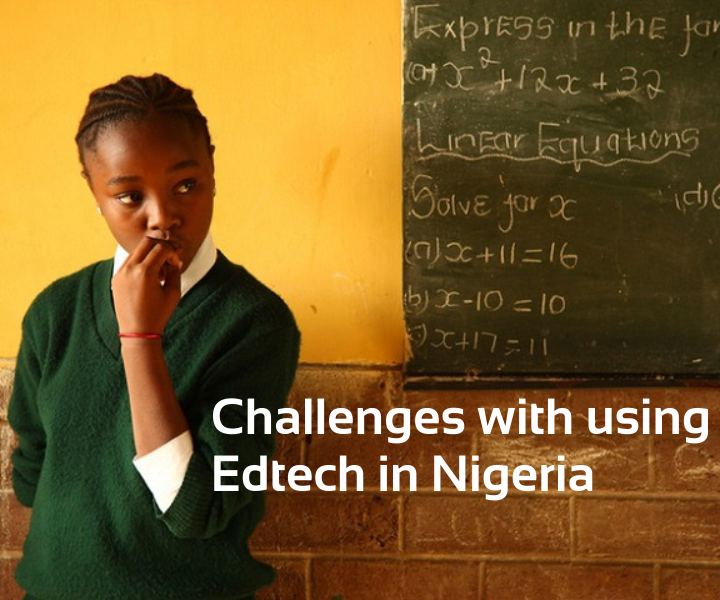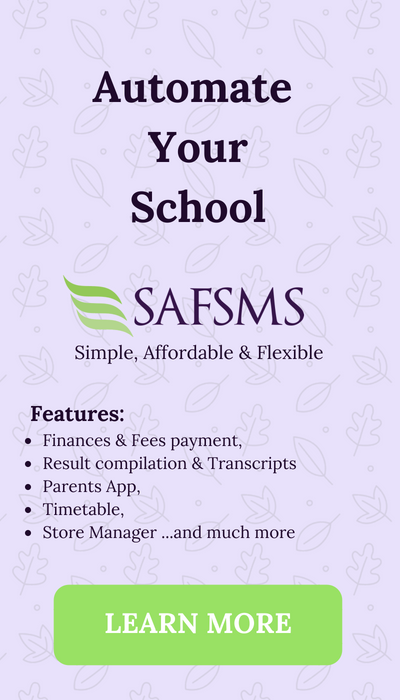Edtech in Nigeria
Interestingly, most of the challenges facing ed-tech in Nigeria today are similar to the issues slowing more mainstream adoption of ed-tech everywhere else in the world. However, the main uniqueness is the extent to which these challenges are able to limit the use of Edtech in Nigeria. Here, in this digital century, it is possible to walk through a school without noticing any kind of technology being used in the classrooms or entire school. 4 prominent reasons for this are:
1. The education industry in Nigeria is slow to move
Although technology usage across the country is growing, there’s still a lot of resistance to change at every level, and innovation can be blocked or slowed at the hands of multiple stakeholders often due to misconceptions, resistance to change or unwillingness to see the need and/or potential benefits
To change this, the value of ed-tech needs to be proven irrefutably. Investors need to make a strong case for technology to doubtful decision-makers.
2. Implementation is difficult
Sometimes the problem is not the technology but with the implementation. A number of schools that adopt some technologies may end up not using them properly or to their full potential.
Possible solutions include training of STEM (science technology engineering and math) competent teachers and staff who are comfortable with new technology and in their ability to use it. In addition, read How To Build a culture of innovation in our Nigerian schools and this guide on implementing a school management solution
3. Costs
Not that these technologies are expensive per say, but judging from client feedback, many Nigerian schools are initially reluctant to include edtech in their budget or perhaps view these tools as an unnecessary expense.
For that, likely solutions are if stakeholders understand the values of these technologies as opposed to the initial cost which will eventually be irrelevant.
4. Infrastructure
Finally, some technologies would require stable infrastructures which are lacking in most parts of the country. Internet connection for example, is required for functional use of Google Classroom Apps or an online learning platform. Another instance is using a SMART board instead of a regular board; the former would require constant power which is unattainable for many schools, indeed in many parts of Nigeria.
Join the conversation – what are other challenges do you think Edtech Nigeria is facing? And what possible solutions can businesses take implement the 4 listed above?






